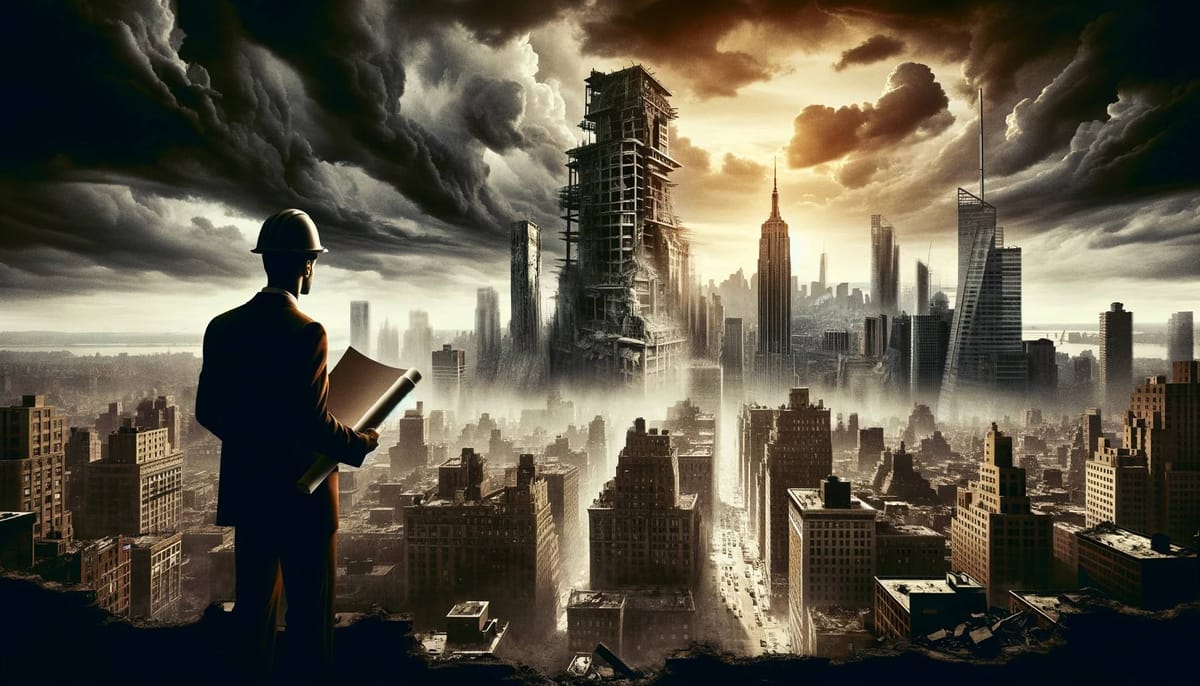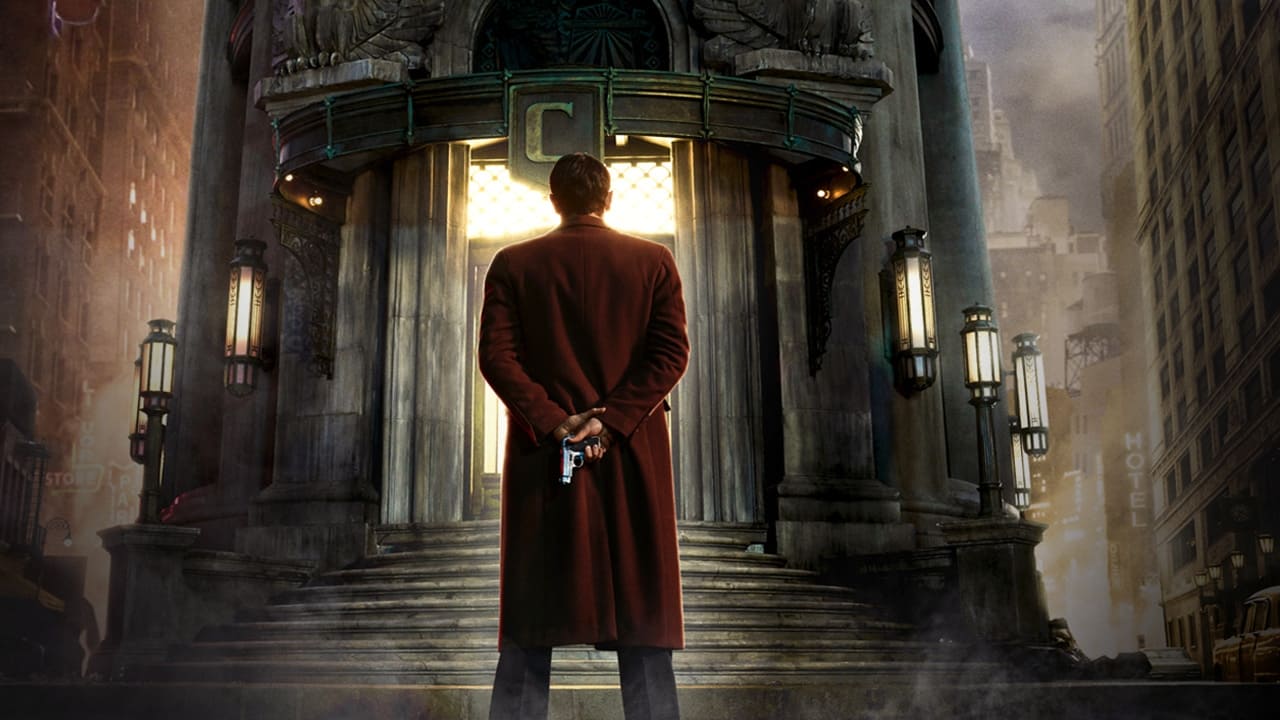The Untold Story of Megalopolis: Francis Ford Coppola's Lifelong Passion Project
One of the most intriguing aspects of Megalopolis is Coppola's decision to self-finance the project.

In the world of filmmaking, few names stir the imagination quite like Francis Ford Coppola. An auteur known for his cinematic genius, Coppola is set to redefine his legacy with his most ambitious project to date, Megalopolis. This film, a project over three decades in the making, represents not just another entry in his illustrious career, but a culmination of a lifelong dream, a testament to his unwavering dedication to the art of storytelling.
The Genesis of a Dream
The story of Megalopolis began in the 1980s, during a phase of Coppola's career when financing such an audacious project seemed an insurmountable challenge. Yet, it was a dream that Coppola refused to relinquish. Fast forward to the present, and the scenario has changed dramatically. Coppola, now in the twilight of his career, has amassed the personal fortune necessary to bring this dream to fruition.
A Utopian Vision Amidst Chaos
Megalopolis is a narrative set in a dystopian New York City, reeling from a catastrophic disaster. The film's heart lies in the story of an architect, who, against all odds, strives to rebuild the city as a utopia. This storyline serves as a canvas for Coppola to explore themes that have always fascinated him: environmental degradation, urban planning flaws, and societal inequality.
Coppola's Contemporary Rome
Drawing parallels with Roman epic narratives, Megalopolis is set to be a modern-day allegory, reflecting Coppola's fascination with historical cycles and their relevance to contemporary society. By paralleling the collapse of the Roman Empire with the potential downfall of modern civilization, Coppola aims to awaken society to the pressing issues of our times.
The Star-Studded Ensemble
A testament to Coppola's influence and reputation, Megalopolis boasts a cast that reads like a who's who of Hollywood. With names like Adam Driver, Forest Whitaker, and Laurence Fishburne gracing the screen, the film promises performances that are as compelling as the storyline itself.
Beyond Hollywood's Constraints
One of the most intriguing aspects of Megalopolis is Coppola's decision to self-finance the project. At 83, he stands as a maverick unshackled by Hollywood's commercial constraints, committed to telling stories on his own terms. This autonomy has allowed Coppola to inject a level of creativity and experimentation into Megalopolis that is rare in today's franchise-driven industry.
A Troubled Yet Triumphant Production
Filming Megalopolis has not been without its challenges. Reports of production troubles and budgetary concerns have surfaced, yet both Coppola and his cast have remained steadfast in their commitment to the project. The film, initially over budget and plagued with technical setbacks, has nevertheless persisted under Coppola's experienced and passionate direction.
The Anticipation Builds
As the film industry and audiences alike eagerly await the release of Megalopolis, speculation is rife about its potential impact. Will it premiere at the Cannes Film Festival? How will it be distributed? These questions add to the growing anticipation surrounding the film.
Coppola's Legacy
Megalopolis is more than just a film; it's a statement from a filmmaker who has consistently pushed the boundaries of cinema. Through this project, Coppola is not only revisiting themes that have defined his career but also redefining what is possible in the realm of filmmaking.
Francis Ford Coppola's Megalopolis is a bold undertaking, reflecting a lifetime of cinematic innovation and an undying passion for storytelling. It's a project that encapsulates the very essence of Coppola's artistry: ambitious, visionary, and unyielding. As the world awaits its release, Megalopolis stands as a beacon of artistic integrity in an industry often swayed by commercial pressures, reminding us of the power of cinema to not just entertain, but to inspire and provoke thought.




